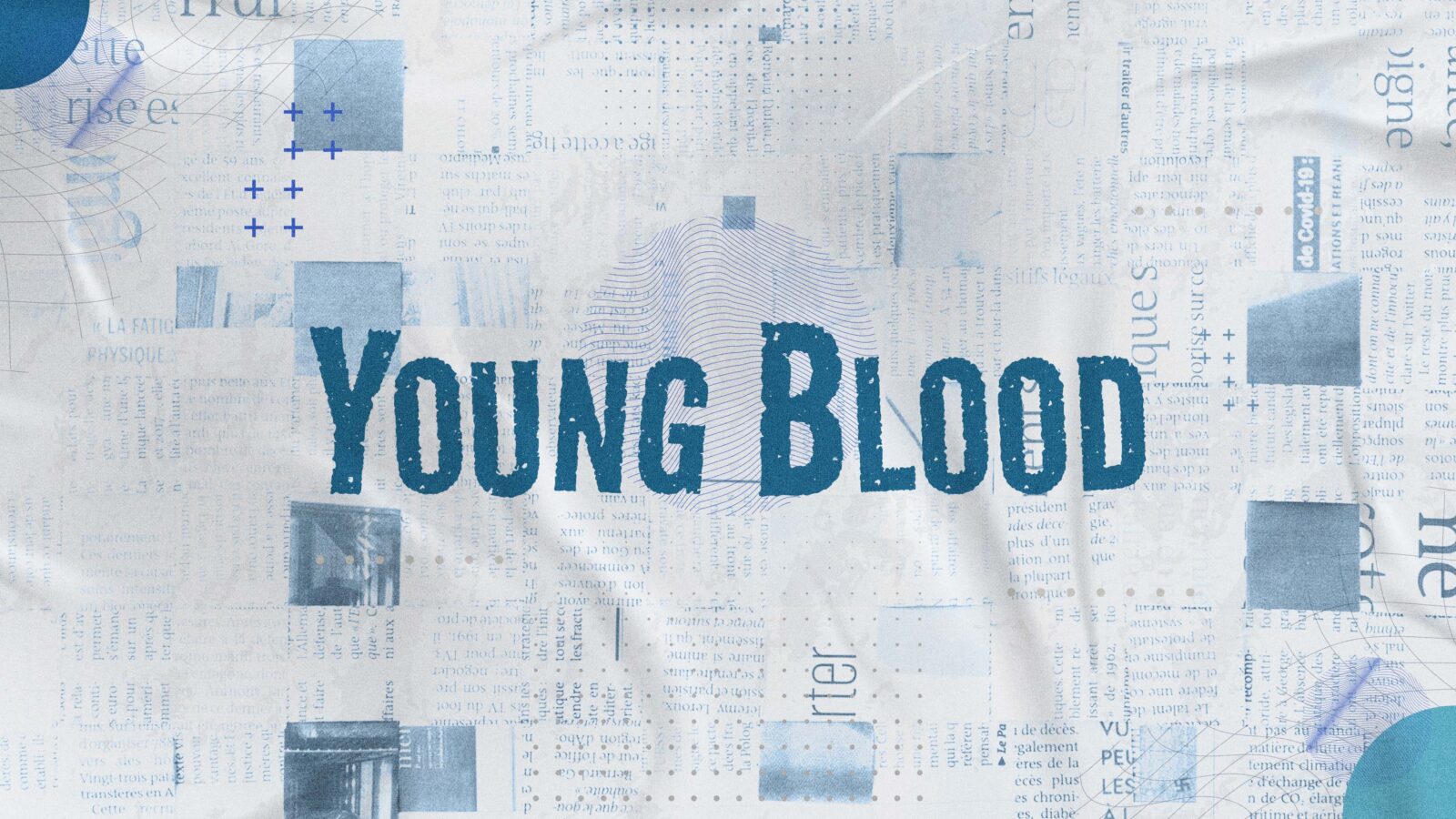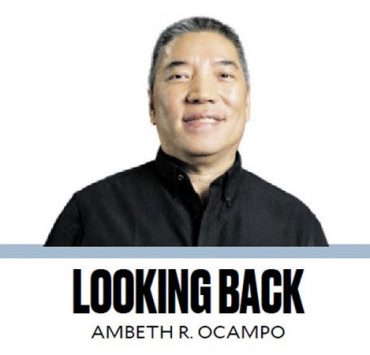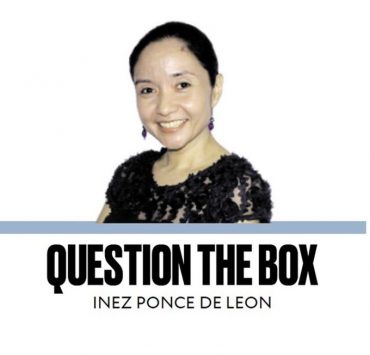Grief’s wake-up call

We forgot to visit Tatay,” my aunt exclaims as we drive past The Heritage Park, where my grandfather’s remains rest. We were in a rush this morning, busy packing and mentally checking our lists to make sure we don’t forget anything. My aunt and uncle are kind enough to wake up early to drop us off at our apartment in Manila before classes resume and just in time for the noon ferry from Batangas to Occidental Mindoro, Tatay’s hometown.
This isn’t the first time we’ve forgotten to visit him, but it’s the first time it struck me that the presence of the head of our family is slowly fading from our lives. Since he passed away from kidney failure in 2008, it’s been a tradition to visit his grave, say our prayers, and share fond memories of him. We used to visit him every Sunday, bringing him chocolate cake, his favorite bopis, and a bottle of Emperador. Now, our visits have dwindled to Undas or when his children from the province and abroad come home. This year, we might have completely forgotten his birthday if not for Facebook’s memory notifications. It’s odd, isn’t it? How quickly we forget.
Still, there are moments I can never forget. A few days before Christmas, I woke up early, eager to pack for my cousin’s seventh birthday party in the province. Her birthday falls on Christmas Day, and we were all excited. Mama had planned to do it later, unsure if the trip would push through, but I insisted on packing everything into my Barbie trolley. I didn’t mind it then, but there was something about that moment that felt different.
A few days later, I remember Mama rushing to open the garage gates. Finally, Tatay was home. It had been lonely watching reruns of “Home Along Da Riles” by myself, with no one to fight over the remote.
I froze when I saw my father and an unfamiliar man in white, carrying Tatay out of the van. The once formidable Tatay, who could eat bangus while intoxicated without getting pricked and whose every sentence was marked with finality, was now frail as a twig, with drooping eyes and clad only in adult diapers.
“Tell your siblings it’s time to go home,” my grandmother commanded my father in a stifled voice. I knew then we had to say our goodbyes.
That was my first and only encounter with grief. I was only four years old, yet I was the calmest amidst the impending doom. My eyes were the only dry ones, and I pinched myself to feel something. My family is always in disbelief when I recount weirdly specific, unnecessary details. Teal was the color of the van that dropped Tatay off. They rented it because there was no ambulance at PGH to take them home. Tatay’s elder sister sobbed uncontrollably at his feet when she realized she was a few minutes late to say her goodbyes. Dr. Michael Tee was the name of his doctor, who often waived his fees to help with my grandmother’s mounting hospital bills. “I heard Dr. Tee is now the chancellor of UP Manila,” I tell my aunt while we stop at a red light on Taft Avenue.
I don’t know why I remember the things I remember. Some memories truly mattered, while others don’t seem significant enough to leave a mark on my mind, yet they still linger. Sometimes, I wish I could trade my trivial memories for something valuable that my young mind failed to grasp.
The first time I truly felt the loss of Tatay wasn’t when I stood at the foot of his deathbed or opened Christmas gifts in front of his coffin during his wake. It was days after his funeral. I was chatting on the landline with a friend who had recently moved when our call was suddenly interrupted by a distorted voice. The man said, “Maica, it’s Tatay. Take care of your Nanay,” then fell silent just as my friend began screaming. I thought it was one of her older brothers trying to prank us, but she insisted that none of her brothers were home. For the first time since his death, I broke down.
Back then, I thought I cried out of fear. Fear of the dead? Maybe. But as I reflect on it now, I understand that the phone call was something more. I hadn’t heard his voice in so long, as the last weeks of his life were filled with incoherent sounds. Hearing that distorted voice made me realize I no longer remembered what his voice sounded like. It was a harsh wake-up call, a final nudge into the reality I had been avoiding—a reality where Tatay is truly gone.
Time has a way of erasing things. It’s a cruel force, taking cherished memories away bit by bit. But as I hold onto those memories, even the trivial ones, I recognize that to remember is to face the inevitable loss that comes with living. To live is to accept the fact that our existence, which we’ve worked so hard to give meaning, will eventually be wiped away by time.
It was a harrowing introduction to this truth. The mere thought of remembering it too vividly, rather than forgetting it easily as a child, terrifies me. Grief, much like love, becomes a frequent companion as we grow older and face the loss of others. Though the deep-rooted pain of grief remains, it serves as a reminder of my love for Tatay—the person he once was and still is to me. I guess it’s safe to say that I wouldn’t mind another strange phone call.
—————-
Maica Castillo, 20, is a third-year creative writing student at the University of Santo Tomas.

















